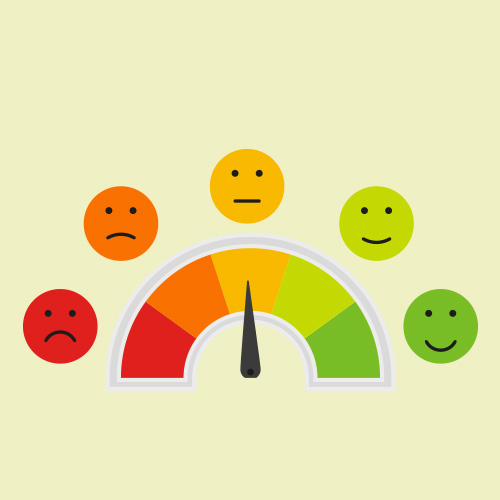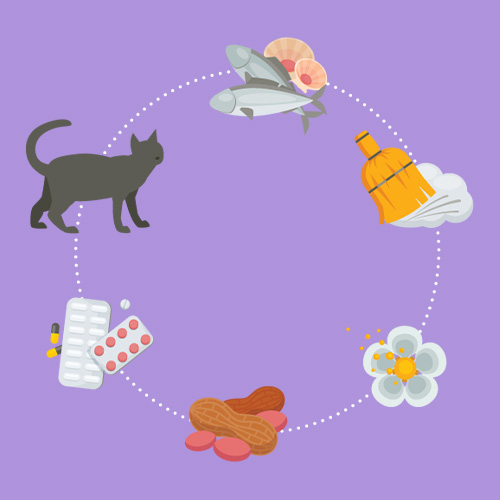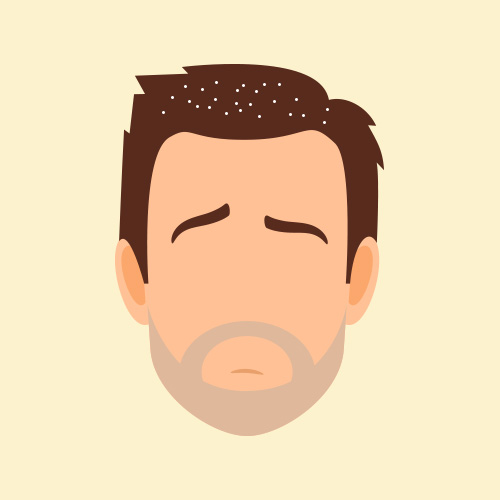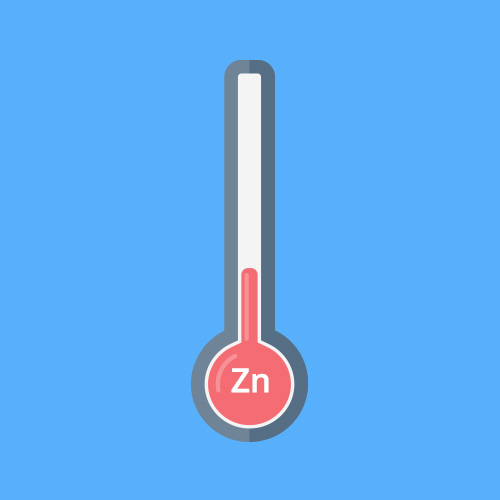Zinc deficiency and depression:
How zinc affects mood

Questions answered in this article:
Depression affects us all, whether it is a personal struggle that is lifelong or intermittent, or perhaps a close friend or family member that suffers with mental health issues. Understandably, we want to do everything possible to improve mood, prevent mental health disorders or attempt to reverse depression. Diet and lifestyle factors continue to show potential avenues to positively affect the course of depression and mental health, with zinc being a particular mineral of attention. But will zinc cure the blues?
Here are evidence-based answers to some of the most common questions surrounding the link between zinc and depression.
Does zinc deficiency cause depression?
Quite simply, no, a zinc deficiency does not cause depression. There are many reasons or potential causes for mental health disorders. For example, life events, coexisting health concerns and genetic factors can all play a role. When it comes to zinc and depression, there are multiple studies that have found an association between low zinc levels and a higher incidence of depression. The problem is that association does not mean causation.
As we will explore in the next few sections, it seems that although zinc supplementation may help to positively affect the course of depression, in many cases low levels may just be a marker of the disease or that zinc levels are only a piece of the larger puzzle. In other words, depression may cause a zinc deficiency. This will be explained in greater detail in the next few sections.
Even if zinc deficiency does not cause depression, can zinc affect your mood?
Yes, supplemental zinc can positively affect your mood. In fact, there are a number of clinical studies that have evaluated zinc as a treatment for depression. One trial examined the impact of supplemental zinc in multiple sclerosis sufferers and found a significant improvement in depression scores after 12 weeks. In this study, 50mg/day of elemental zinc was prescribed in the form of zinc sulphate. Another 12-week trial examined 30mg/day of zinc (gluconate) in obese patients suffering from depression and found similar improvements on the Beck Depression Inventory assessment.
Of particular note, zinc supplementation is an effective adjunctive therapy for depressed individuals taking a selective serotonin reuptake inhibitor (SSRI) medication. One study found that 25mg/day for 6 weeks improved the outcomes of SSRI medications by over 50%.
How does zinc affect the brain and does zinc increase serotonin levels?
The hippocampus, an area of the brain that is involved in controlling memory, learning and mood, actually contains some of the highest zinc concentrations in the body. So it stands to reason that zinc is quite important in regulating these functions. However, it doesn't appear that zinc works in the brain by increasing serotonin levels.
Interestingly, animal research has actually shown that zinc blocks the serotonin reuptake inhibition of SSRI’s, effectively preventing SSRI’s from increasing serotonin. You should be thinking “That’s odd! But I thought that zinc improved depression outcomes in people taking SSRI’s?” As mentioned above, zinc does help but it doesn't appear to be as a result of serotonin.
Instead, there is evidence that zinc works on the brain by blocking NMDA receptors and essentially blocking over-excitability and inflammation in the brain. Zinc has also been found to increase a compound called BDNF (“Brain Derived Neurotrophic Factor”) in the hippocampus and the cerebral cortex. BDNF is integral for learning, regulating mood and lowering inflammation.
So, zinc may improve my mood. Is zinc OK to take everyday?
For the most part, zinc is an extremely safe and gentle nutrient. It is a natural mineral that is necessary for optimal functioning of many body systems and deficient zinc levels are more common than most people think. For these reasons, many people would assume that zinc is completely safe. However, there are always exceptions to the rule.
Firstly, if zinc is consumed in large supplemental quantities over a long duration of time, copper levels can become compromised. This is problematic because copper is also important for physiological functions such as making red blood cells and it can help with prostate and bone health, too. The RDA (recommended dietary allowance) for zinc is only 8mg/day for adult females and 11mg/day for adult males in Canada. If you choose to take more, speak with a qualified healthcare practitioner.
Secondly, higher doses of zinc can cause gastrointestinal upset in some individuals, most notably nausea and even vomiting or diarrhea. These undesirable effects can typically be remedied by dividing doses (taking the same sum over the course of the day, yet at different times of the day) or simply reducing the dose. Taking zinc with food can also make a positive difference.
What are signs of low zinc status?
Zinc is involved in immune function and this means healing. Poor wound healing and recurrent infections may be a sign of low zinc status, especially if low mood, loss of taste, loss of smell or hair loss are also present.
Unfortunately, blood tests for zinc levels are not an accurate representation of tissue zinc status, so many practitioners rely on clinical signs and symptoms in order to assess for zinc deficiency. It should be noted that the best food sources of zinc include many animal products (meats, dairy and eggs) so vegan and vegetarian populations may be particularly at risk for suboptimal zinc levels. Vegan sources include nuts, seeds and legumes.
So, can zinc help with depression? The evidence says that it is worth considering, but the answer is much more complex than ‘yes’ or ‘no’.








